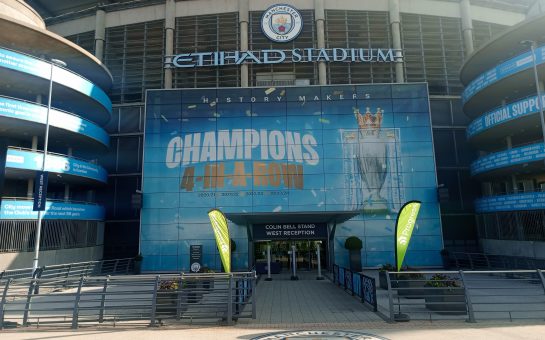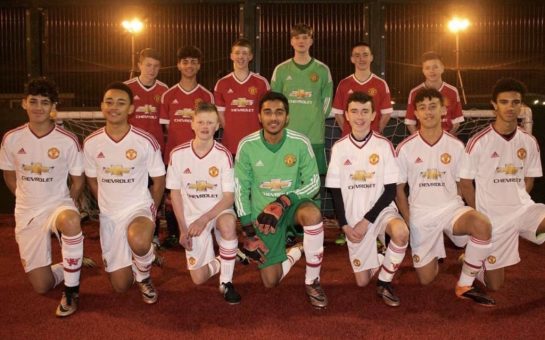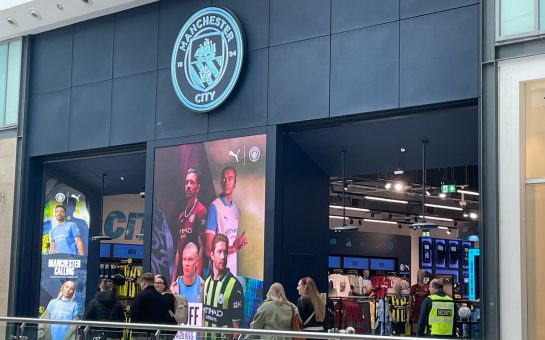Today sees the FA Cup Final take place at Wembley with an all-London affair between Arsenal and Chelsea.
Two weeks ago, MM was looking at the possibility of a Manchester derby occurring, but City lost to the Gunners and United were overawed by the Blues, so bang went that theory.
Remarkably, this is the third time that the two finalists have faced each other in the biggest match in English football, with Arsenal coming out on top on both occasions.
But before we look back on those two contests, let’s remind ourselves how we ended up with this game as the 139th Cup Final.
Arsenal
Under relatively new manager Mikel Arteta, they needed a second-half effort from Reiss Nelson to see off then Championship side Leeds United in round three with a 1-0 victory before winning by another one-goal margin with a 2-1 success away to Bournemouth in the 4th round thanks to bright young talents Bukayo Saka and Eddie Nketiah. Sam Surridge would score too late for the hosts.
They recorded a rather straight-forward 2-0 triumph at Fratton Park versus third tier Portsmouth in round five as defender Sokratis Papastathopoulos struck in first-half injury time before Nketiah found the back of the net early in the second period to secure a place in the last eight.
Of course, plans had to change for everyone when the coronavirus pandemic caused the season to go on hiatus, leading to doubt over whether the 2019-20 competition would be completed.
In the event, top tier football and the world’s oldest cup tournament did resume in June, but they had to work very hard to get past Sheffield United at Bramall Lane with another 2-1 scoreline.
The improving Nicolas Pépé put the visitors ahead in the 25th minute, although the tie looked set to go to extra time when David McGoldrick equalised for the Blades with three minutes remaining.
However, Dani Ceballos ensured Arsenal would make the semi-finals with an injury-time winner to set up a meeting with holders Manchester City.
And the match would go exactly as hoped when captain and their top scorer in the Premier League Pierre-Emerick Aubameyang hit a double in a 2-0 victory in one of their best displays of the whole campaign.
Let’s not forget that Arsenal are the most successful team ever in the FA Cup’s illustrious history with thirteen triumphs to their name.
A 14th would secure European football next season and hopefully take fans’ minds off a poor league campaign where they finished eighth – their lowest placing for 25 years.
Chelsea
For Frank Lampard, winning this competition for the first time as a manager would be an excellent first trophy to add to his top notch playing career – and that saw him win the competition four times in a six-year timeframe.
Their path to the final began with a 2-0 victory in round three over Nottingham Forest at Stamford Bridge courtesy of strikes in the opening 45 minutes from midfielders Callum Hudson-Odoi and Ross Barkley.
The 4th round saw a visit to Hull City at the KCOM Stadium that resulted in a 2-1 triumph on Humberside after Michy Batshuayi and Fikayo Tomori hit the target, although Kamil Grosicki did find a consolation for the Tigers with twelve minutes left, only for the Blues to hold on.
As mentioned in my previous article, a composed performance against Liverpool in the last 16 led to a 2-nil scoreline as Willian and Barkley made light work of the eventual league champions and the latter would be the hero against when his header was enough to defeat Leicester City 1-0 at the King Power Stadium.
And as much as David De Gea (and if we’re honest the entire Manchester United fanbase) would like to forget the last four fixture, Chelsea were truly worthy winners after beating the Red Devils 3-1.
Under-rated forward Olivier Giroud and English midfielder Mason Mount struck either side of half-time to put the Blues in control, which they never looked like losing, before United defender Harry Maguire netted an own goal in the 74th minute.
The match was salvaged in a tiny way for United through a Bruno Fernandes penalty, but Lampard’s men would not be too troubled as they booked another trip to Wembley Stadium for this weekend.
It must be noted that they already have a Champions League place lined up next term, but you feel that Lampard will be very keen on securing his first honour as a manager.
As I said in my previous article on the subject, winning honours is a must in west London, regardless of who the boss is and their status.
The final word
Now, do you recall how things went when these two clubs faced off in the 2002 and 2017 Finals? Well, Arsenal certainly do.
The first edition saw a 2-0 scoreline in the Gunners’ favour as Ray Parlour and Freddie Ljungberg scored in the second half at the Millennium Stadium just four days before a second league and cup double under Arsene Wenger was wrapped up when they won 1-0 at Old Trafford to regain the title from Manchester United.
The 2017 Final was their last success under Wenger before he resigned one year later. Alexis Sanchez converted after four minutes as Arsenal surprised their opponents with their quick start to the game.
It has to be argued that Chelsea looked very different to the side that had won the league title earlier in May. They appeared to be less focused and possibly tired when it came to the showpiece event.
They weren’t helped when Victor Moses was sent off for a second bookable offence for diving in the 68th minute, but that would be forgotten when forward Diego Costa levelled the match eight minutes later.
However, Aaron Ramsey ensured the famous trophy went to the Emirates Stadium three minutes afterwards with a header from a cross by future Chelsea player Giroud as they won the cup for the seventh time under Wenger.
But three is really the magic number in this clash of the London giants of English football.
Will Arsenal end a three-year wait for a trophy or will Chelsea defeat them at the third time of asking after two earlier failures?
It’s certain to be a very good answer to that conundrum this weekend at the home of English football.



